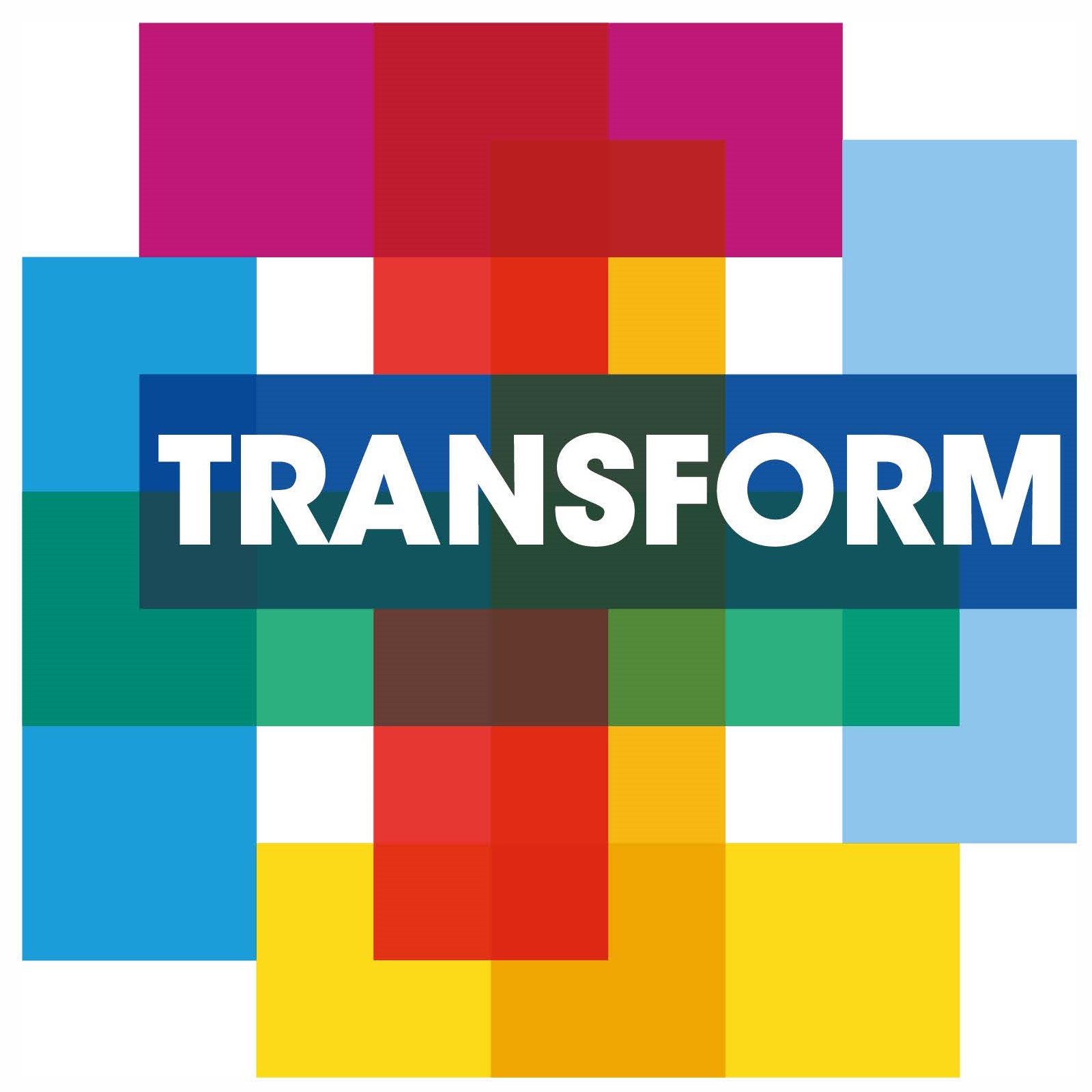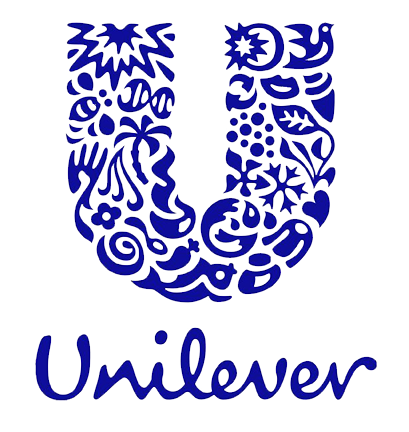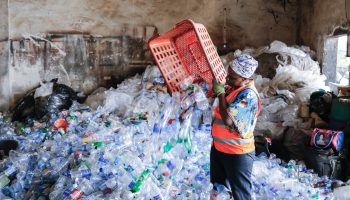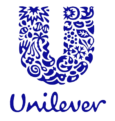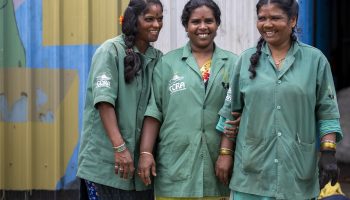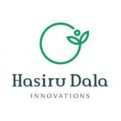Clayton Chaparadza explains how TRANSFORM enriched his role at Unilever and brought him opportunities he was looking for, to help change lives.
I was a business analyst for Unilever Zimbabwe when my mentor told me about TRANSFORM. I had said to him, “I don’t feel I’m making an impact”. Of course, I knew I was having an impact on the business and on meeting targets. But at that time, I didn’t feel my work was making an impact on people’s lives.
At university, I’d run two projects with an organisation that was all about helping communities to address social and environmental challenges with entrepreneurial solutions. I found it very fulfilling. So I was very excited to hear about the social enterprises TRANSFORM was supporting in places like Madagascar, Bangladesh and Rwanda.
I was so impressed by these enterprises and that Unilever was helping them to develop and grow. I jumped in and joined right away.
I was given projects to lead on from the outset. One of them was Loowatt in Madagascar. It’s an enterprise providing waterless flush toilets for low-income families living in informal settlements in Antananarivo, the capital city of Madagascar.
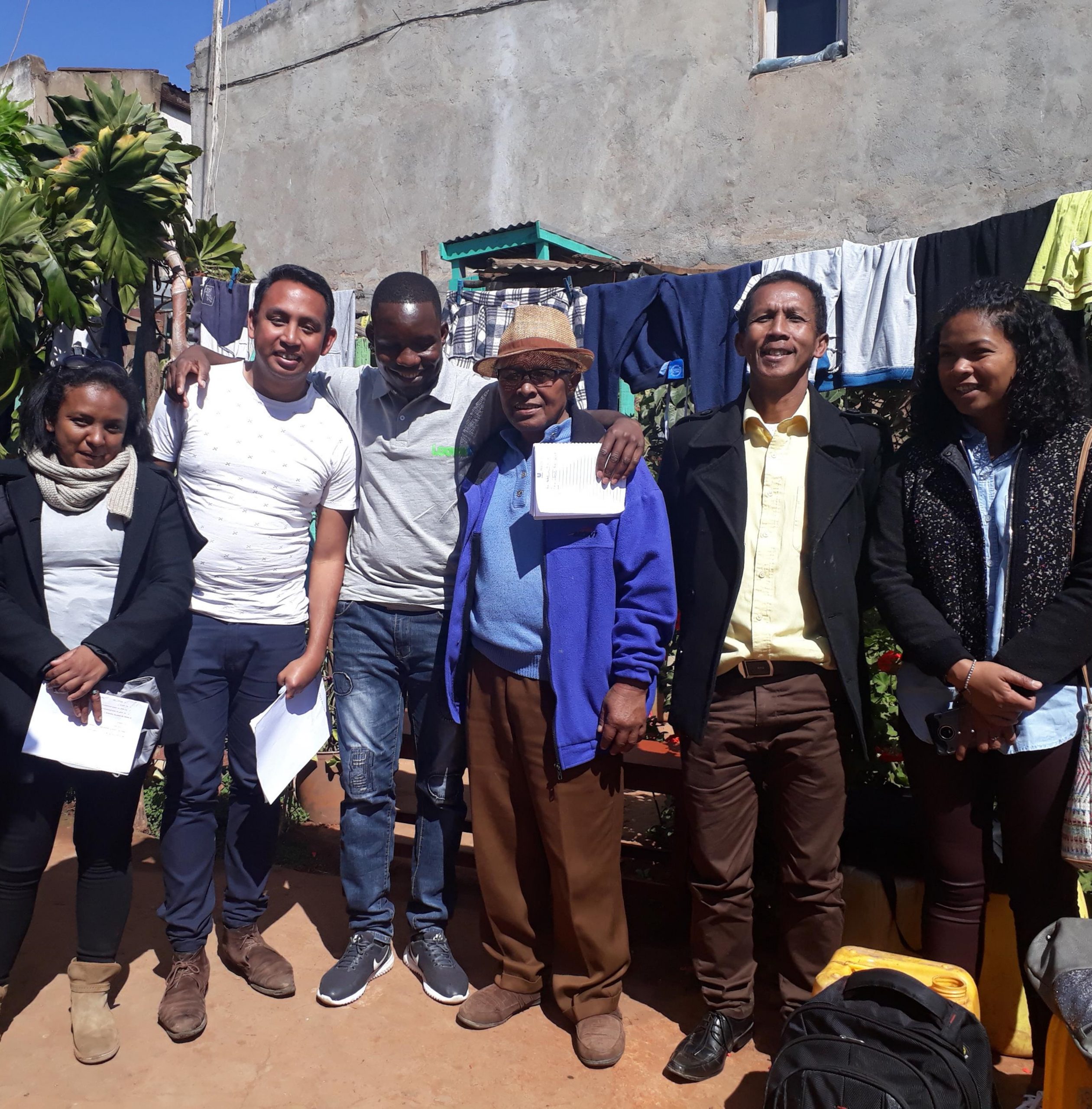
Together with the Loowatt team, we rebranded the company with a name and products in Malagasy. We recruited the sales team, conducted market research and implemented a behaviour change campaign within the city. We encountered many challenges but the results made it all worthwhile. The enterprise is now expanding into Durban, South Africa, providing more people access to safe sanitation
I also worked with Pit Vidura, in Rwanda. Pit Vidura provides safe pit latrine emptying services for low-income families living in dense suburbs of Kigali. With Pit Vidura, when latrines fill up people don’t have to empty them by hand, bucket by bucket, risking their health and the spread of diseases related to poor sanitation. Instead, a Pit Vidura truck will come and empty the latrine safely, at very low cost.
With Pit Vidura, we came up with an efficient and sustainable incentive scheme for sales agents, and implemented several marketing campaigns both above and below the line. Through this we helped them grow their sales.
Working with small enterprises, you learn to think like an entrepreneur. When you’re working for Unilever, you can implement programmes with big budgets. But with a small enterprise you have to use the small amount of money to make the largest possible impact. That’s one of the big things I’ve learned with TRANSFORM: to magnify the impact no matter what budget you have.

TRANSFORM has also enlightened me on the diversity and extent of the challenges people experience – for instance, on sanitation. Before I got involved with TRANSFORM, I had proposed an idea for recycling plastic into toilet seats that we could provide to schools in rural areas. But at that point I didn’t really understand the severity of the challenges people can face regarding sanitation.
On my first trip to Madagascar, for example, it was my first time going to an informal settlement. Seeing open drains with human waste flowing down into a lake, and seeing people in that lake fishing, made me realise that lack of sanitation is not a small thing. It’s not something that you can solve with a plastic toilet seat; it’s a big problem.
These understandings I gained with TRANSFORM filtered into my whole job at Unilever. They helped me define leadership. I have learnt that leadership is transformative, where one identifies a societal challenge and acts upon it. In my Customer Business Development role, I support informal traders scattered around the country. The goal is to tap into the informal channel, which was previously underserved and drive last-mile distribution. While this is a positive performance indicator, it was also a personal motivation to serve marginalised consumers and develop a brand that goes beyond social classes.
Due to my work with TRANSFORM in Madagascar and Rwanda, I was selected from over 3,000 applicants to be one of 40 Unilever Delegates to the 2021 One Young World Summit. It’s an annual event that brings over 2,000 young people together from over 190 countries to debate on global issues and come up with youth, market-driven solutions. Inspirational global leaders also attend. It was a big thing for me – I was one of the few delegates from Africa, and the only one from Zimbabwe.
During the conference, I was in a discussion team with colleagues from companies like Coca-Cola, Google, Microsoft and BMW. The biggest topic we discussed was plastics, and opportunities to solve the issue. It got me excited to know more about the subject.
So, I looked for opportunities through TRANSFORM to work with enterprises involved in the circular economy. Despite being new to the subject and less knowledgeable, I knew that if I got to work with enterprises in this space I would definitely learn a lot from them while delivering our milestones for TRANSFORM.
That’s how I was given Taka Taka Ni Mali and Taka Taka Solutions – two enterprises in Kenya – to lead on.
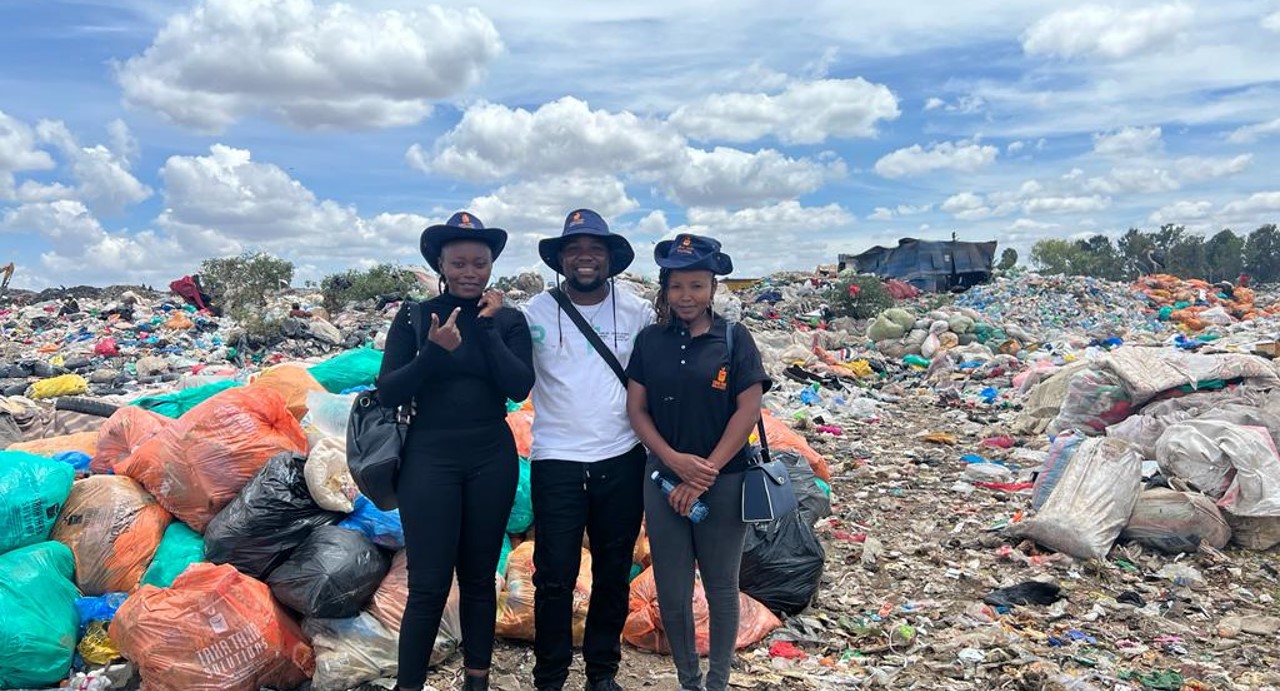
Taka Taka Ni Mali is a women-led enterprise working with waste collectors. They provide training to individual waste collectors and help them professionalise their operations into proper businesses. They then link them to waste aggregators and recyclers in the market.
One of the things we did with Taka Taka Ni Mali was to develop and launch a first-of-its-kind mobile application that connects households to waste collectors like Ruth, who told me her story when I visited Kenya.
Ruth had lived on a dump site with her three children. The living environment is undesirable and they had no roof over their head.
Then, Ruth came across Taka Taka Ni Mali and went through the training. Following what she learnt in the training, she began to accumulate profits from selling waste. And after accumulating a profit, she became a waste aggregator, buying waste from other waste collectors.
At the time I visited, Ruth was buying waste from 19 collectors on a daily basis – meaning that her business was now paying and supporting 19 other waste collectors. She had a decent place to live with her children. She could feed and clothe them, and two of them were going to school.
Ruth’s story really, really touched me. It was the sort of impact I wanted to be involved in when I joined TRANSFORM.
I also saw impact through Taka Taka Solutions. It is a waste recycling company. It deals with a wide range of waste, with a fleet of trucks that move around collecting mixed waste. They then take the waste to their recycling facilities, where they sort the waste into separate waste types. They compost the organic waste and then recycle the plastic.
It’s been exciting to see Taka Taka Solutions grow. For example, through our market development process and sales engineering, we’ve helped them develop a market for their recycled flexi plastic.
What has touched me the most is speaking to people at our community engagement session at the Taka Taka Solutions ‘buyback centre’ we built in Kakuma. Kakuma is one of the biggest refugee camps in Kenya. Almost 400,000 refugees live there, coming from Sudan, Rwanda, Burundi, and as far as Pakistan. The stories I heard there were horrifying. And the saddest part was that people – some of whom had been there for more than a decade – had nothing to do and no hope of earning any income to help them rebuild their lives.
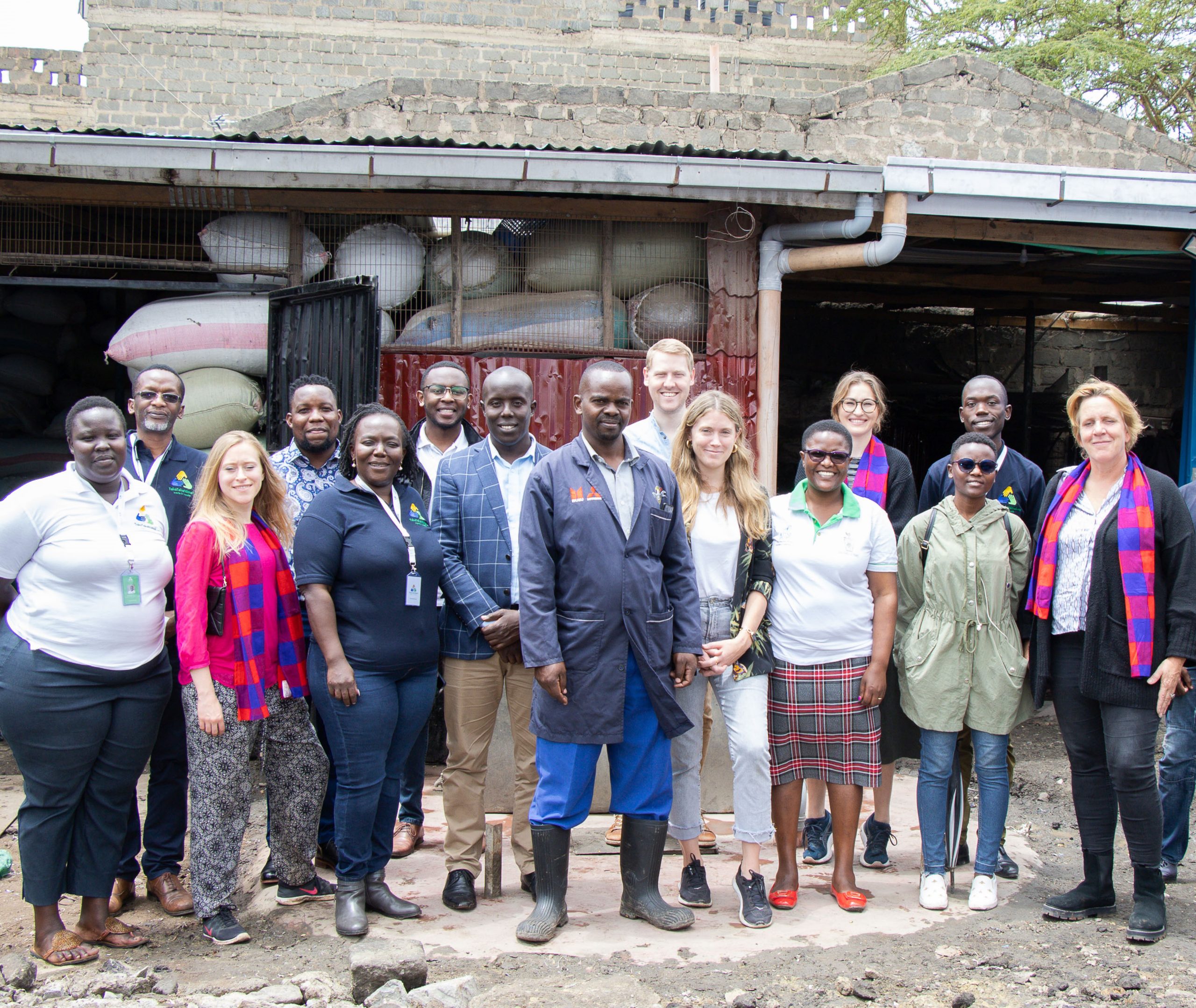
I could see people’s excitement at being able to earn some income by delivering collected waste to the buyback centre. It was inspiring to be part of bringing hope to a place where there was none, with Taka Taka Solutions and TRANSFORM.
Recently, I’ve been invited to speak on different platforms with the TRANSFORM network through EY. I’ve also been selected to be part of the Mandela Washington Fellowship. It was started by President Obama to develop young leaders from Africa who are passionate about issues in their communities and about sustainability.
For me, this really shows how TRANSFORM gives you a way to connect with people within Unilever and across the globe whom you wouldn’t otherwise have met. People who share your passions and interests. TRANSFORM has given me the opportunity to be myself, to develop, and to continue my journey. I look forward to seeing it impact more lives and I strongly advise anyone working at collaborating organisations to explore volunteering opportunities at TRANSFORM.
